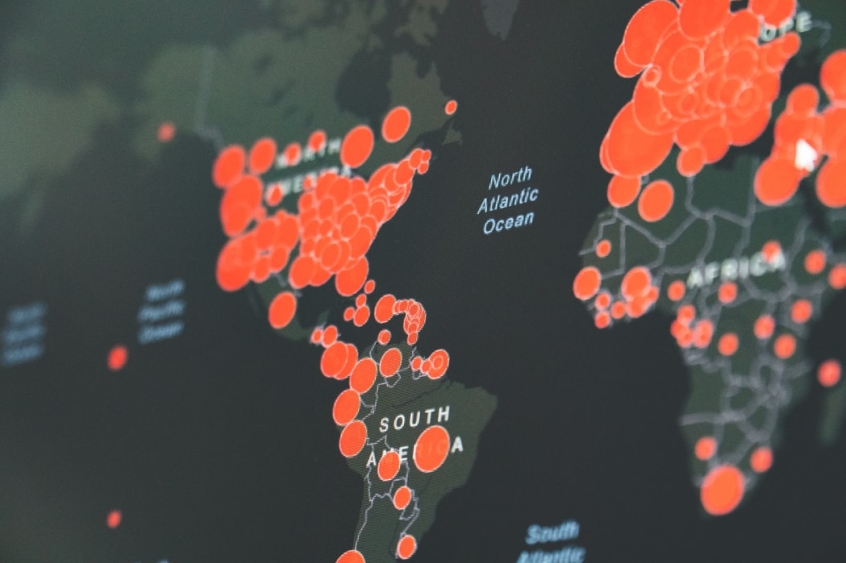
Faith and belief communities have been unfairly blamed for local outbreaks of Covid-19, a parliamentary group has warned.
The All-Party Parliamentary Group for International Freedom of Religion or Belief (APPG FoRB) said that some had also been "the target of conspiracy theories and hate speech".
These attacks, the APPG says, are "little more than self-serving attempts to deflect attention from the failure of the authorities in relation to these matters."
"Religion and belief communities have been blamed for the virus; made scapegoat for the outbreaks; castigated as irresponsible 'super-spreaders'; accused of being resistant to implement public health measures, of peddling 'phoney' remedies, of opposing vaccinations," it said.
The concerns are raised in a report created by the APPG to inform staff at the newly reorganised Foreign, Commonwealth and Development Office (FCDO).
It lists 24 countries with "significant" FoRB violations, including China, India, Iran, Nigeria, North Korea and Pakistan.
"It is difficult to avoid the conclusion that for many, the pandemic has provided a backdrop to a further deepening of the repression and suppression which they have been facing – as some states have taken the opportunities presented by the 'eyes of the international community being elsewhere' to return to their oppressive practices," it reads.
"As this report makes clear, many marginalised communities – including minority religion or belief communities – have indeed faced intensified discrimination since the outbreak of the global pandemic, arguably even genocide."
Elsewhere, the report speaks of the "shocking" extent to which issues concerning gender discriminations "have once again risen to the fore".
"The longstanding impacts of gender-based discrimination continue to be damningly negative, exacerbating the dehumanisation, inequalities and violations which were already being suffered," the report says.
The APPG goes on to urge the FCDO to affirm FoRB as a priority concern within its human rights agenda and take steps to ensure that it is"actively recognised as a key dimension of Covid-19 pandemic responses and the continuing focus on gender and sexual violence in conflict".
It also asks that at a time of reorganisation and "serious" budget cuts, the FCDO "takes every care to maximise the potential opportunities of its reorganisation by mainstreaming FoRB considerations into its new processes at every level."













